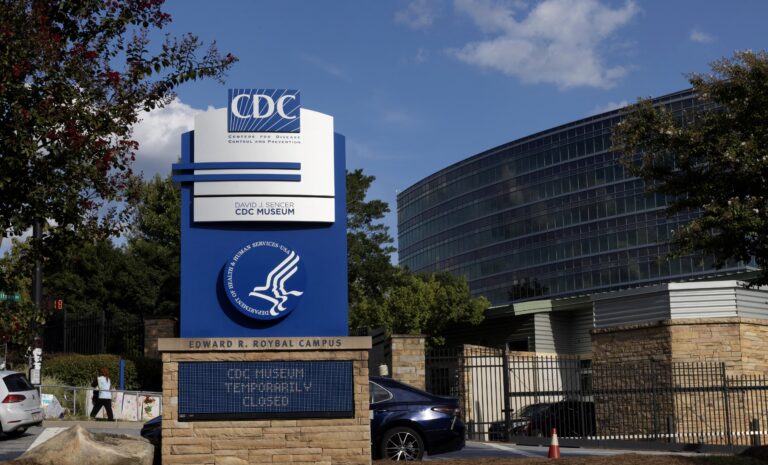The United States Centres for Disease Control and Prevention (U.S. CDC) says it has trained 2,400 community volunteers across Nigeria as part of efforts to build long-term resilience against cholera and other recurring outbreaks.
Muhammad Saleh, a senior emergency management specialist at the U.S. CDC, disclosed this on Wednesday in Abuja, noting that the initiative was the result of a strong partnership between Nigeria and the centre.
According to him, the joint effort focuses on strengthening surveillance, laboratory capacity, and community-level interventions to contain epidemics that have continued to affect parts of the country.
“Cholera has been a persistent challenge in Nigeria, but we are now going beyond reactive response. We are building systems that can withstand future outbreaks, from infection prevention and control to rapid community detection and treatment,” Mr Saleh said.
Gazette report indicated that Mr. Saleh explained one of the major interventions was the widespread distribution of oral rehydration solutions and rapid diagnostic tests in high-burden states, which enabled frontline health workers to quickly identify suspected cases and provide lifesaving care.
Mr Saleh also noted that the U.S. CDC had collaborated with Nigerian authorities to equip laboratories and train health workers to detect not only cholera but also other priority diseases, such as Lassa fever and meningitis.
On infection prevention and control, he emphasised that disease experts and community health workers had received extensive training.
“So far, 2,400 community volunteers have been trained across the FCT, Sokoto, Ebonyi, and Ondo states. These volunteers are the first line of defence. They spot symptoms early, alert health facilities, and educate their neighbours on safe practices like hand-washing and proper sanitation,” he said.
To ensure better allocation of resources, Mr Saleh added that the CDC and the Nigerian government had developed a mapping tool to identify cholera “hotspots” across the country.
“The tool helps determine which states and communities to prioritise during an outbreak,” he said.
He further hailed the efforts of the Emergency Operations Centres, established in all 36 states and the Federal Capital Territory, which, he noted, had been supported by state governments through the provision of physical infrastructure.
According to him, the U.S. CDC also supported training in public health emergency management, enabling states to better coordinate outbreak responses and use data for informed decision-making.
“Not to say we have achieved everything, but we are far better than before. Our aim is long-term resilience. Everybody has a role: government, partners, communities, and families. The more we sustain these efforts, the more resilient Nigeria becomes,” Mr Saleh said.



